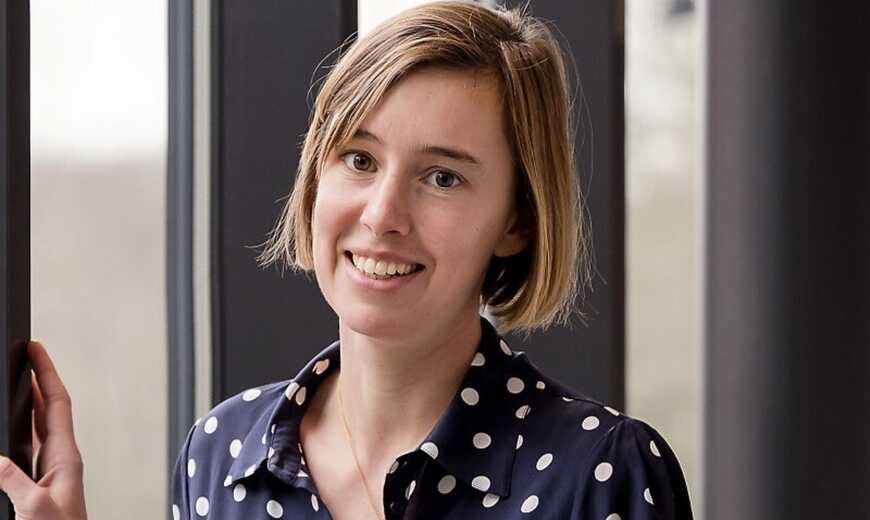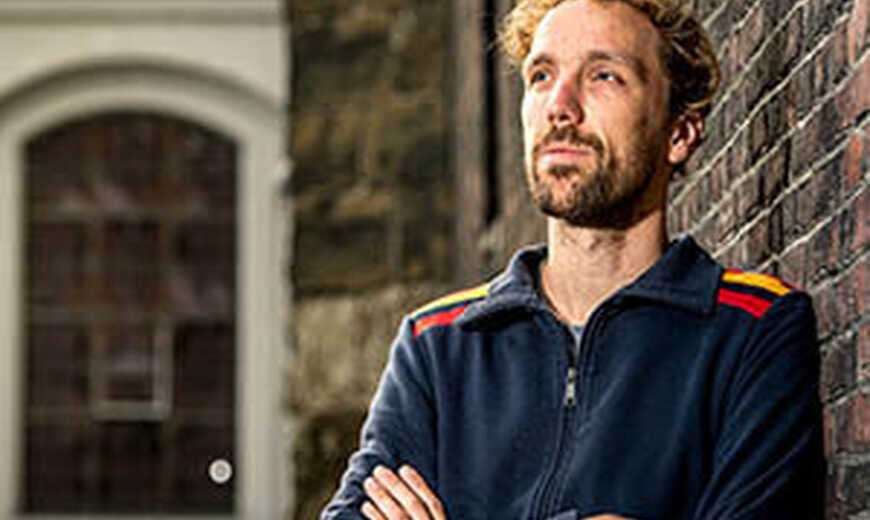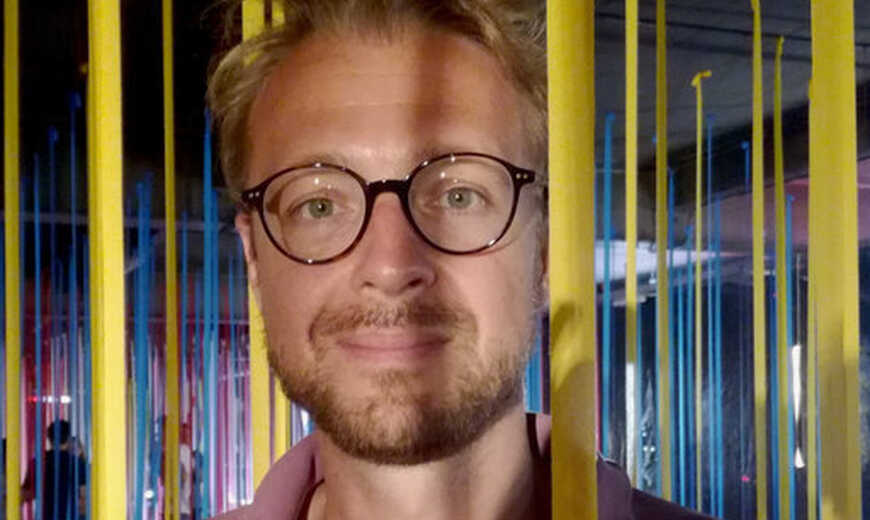Interviewer: Kobe Desender, until recently, you were a member of the BAPS junior board. Last year, you have launched your own lab at KU Leuven. What are you working on ?
KD: With my research group, we study metacognition and cognitive control. The question we try to answer is: how do you evaluate your own decisions? When making decisions, we experience a sense of confidence in the accuracy of this decision. In my lab, we are interested in how this sense of confidence is used for cognitive control. For example, we have shown that neural coding of decision confidence can be used to predict behaviors of information seeking. Acquiring such knowledge is important, because confidence and information seeking are related to political dogmatism, sharing of fake news, etc. On the methodological side, we use tools from computational modelling, like the popular drift diffusion module, and cognitive neuroscience, mostly EEG recordings. With the lab, we are trying to promote openness, collaboration and good research practices. For example, we have a lab philosophy page on the lab website to express the values we (try to) adhere to.
Interviewer: Where is your field heading to in the future ? Are there initiatives that you are particularly excited about, that might shape the development of computational neuroscience?
KD: I have recently joined the effort led by Prof. Doby Rahnev to formulate clear consensus goals for the field of metacognition. It was an exciting exercise to get together with all the experts in a field and discuss what we all believe will be the future of our field. It was interesting to see how much diversity there was between people. Amongst the long-term goals, we stressed the need for efficient models, paradigms and theories to understand human confidence and decision-making. As medium-term goals, we identified the need to develop ecologically-valid tasks and the models that would predict performance in them, as well the necessity to better understand the computations underlying confidence. In an attempt to support those goals, we created the Confidence Database, where we store data from more than 120 studies, that all use the same format. We hope that this initiative will help colleagues in the field to test their hypothesis and get the field moving towards a transparent and collaborative future.
Interviewer: Your journey from junior scientist to PI is particularly impressive, including the BAPS PhD award, postdocs at Hamburg, and high-impact scientific contributions to your field. What is your advice to early career researchers who might be reading our newsletter?
KD: Some people will tell you that in order to “make” it in academia you have to “tick all the boxes”. I always struggle with such advice, because there are many people that tick all the boxes that do not necessarily “make” it in academia. Therefore, my recommendation would be not to do anything against your will. Define your own limits, and stand by them. Getting a position in academia is fantastic, but there are also plenty of other, truly exciting jobs outside academia.
My other piece of advice would be that if you go abroad and/or collaborate with scientists, make sure you go and work with the leaders in your field of research. I have collaborated with some great experts in the fields, and really learned a lot from that. Our funding agencies provide a lot of opportunities to carry out research visit abroad, so if you feel like it, go and work with your scientific hero !


